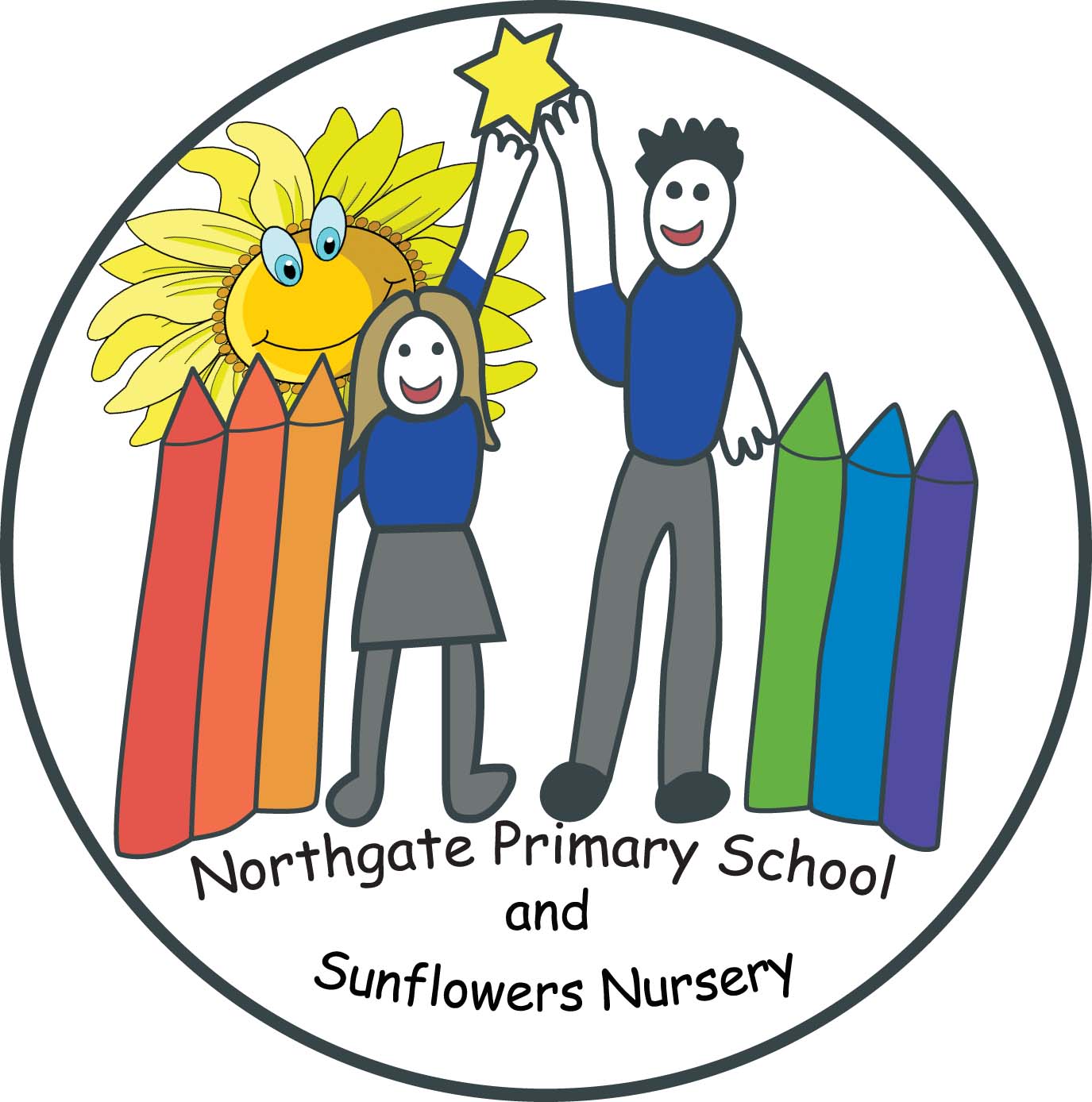Intent:
- a sense of belonging by being responsible, respectful and competent users of technology, who consider how their actions may impact others and also take pride in their own learning. They understand their role in the wider online community; the importance of governance and legislation; and how they can help to keep everyone safe. Our computing curriculum helps to equip pupils with the skills, strategies and knowledge that will enable them to reap the benefits of the online world, today and in the future, whilst being able to minimise risk to themselves and others
- confidence in communicating by being reflective consumers, who think critically about what they see and hear, both on- and offline, and know how to check information is accurate and trustworthy. They have an understanding of how information is stored, created, retrieved, shared and manipulated, so that they can make informed judgements about what they see. By exposing them to a variety of hardware, software and unplugged resources, they are able to use technology imaginatively and creatively to inspire others. They can also explain the reasons for doing things differently, to spot problems and how to rectify them, and be able to talk confidently about things that they see online and talk openly about them.
- a resilient attitude by being exposed to an online safety education that is relevant, up-to-date, and embedded in their day-to-day lives, both in and out of school. They are able to utilise computational thinking beyond the computing curriculum: working as a team; breaking down tasks; understanding how and why things happen; how to correct errors; and where to look for support and guidance.
